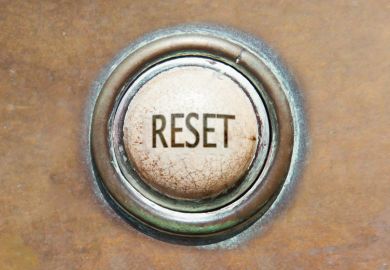“Insidious” unconscious bias in universities is a greater challenge to the career prospects of black academics than the need for more immediate income, according to a new study.
Workplace environments meant that fewer than four in 10 (38 per cent) of black early career academics say they would feel comfortable reporting bullying or harassment, the survey by the Higher Education Policy Institute (Hepi) finds.
This was having an effect on career paths, with 81 per cent of the nearly 100 academics surveyed agreeing that they faced particular challenges as a black academic – and just 10 per cent disagreeing.
Unconscious bias is identified as a challenge to progression in an academic career, with half of participants (54 per cent) saying it was the most significant factor, followed by lacking a community of people like them (52 per cent). These issues were thought to be more of a hindrance to their careers than the need for immediate income (48 per cent).
Becca Franssen, lead author and partner in education and research at executive search firm GatenbySanderson, told Times Higher Education that the findings were “unsurprising and still worrying”.
Dr Franssen said unconscious bias training – routinely offered to staff by their universities – did not address systems, processes and criteria that are “inherently biased”, and neglects one of the most commonly cited issues in the survey: that black academics feel barred from conversations about progression.
“It is understandable that personal friendships will emerge in an academic setting, and that people may tend to befriend those who are most like themselves, but this then results in those friendships smoothing pathways for some and excluding others,” she added.
“We don’t think of this as unconscious bias, because it does not match our textbook definition, but it is, and black academics are feeling and reporting it.”
More than a third of respondents (36 per cent) report overt racism or discrimination – a bigger challenge than the proportion that were concerned about short-term or insecure contracts (35 per cent).
The fact that only just over a third of respondents would feel comfortable reporting bullying could reflect the negative effects they have experienced after expressing discomfort in workplace situations, said Dr Franssen.
Campus resource collection: Being Black in the academy
“They may worry about having future job prospects negatively impacted due to building a reputation as a ‘troublemaker’. It’s a call to universities to turn inward and analyse their reporting and support structures and ensure they are reaching all colleagues.”
后记
Print headline: Most black ECRs would not report bullying




